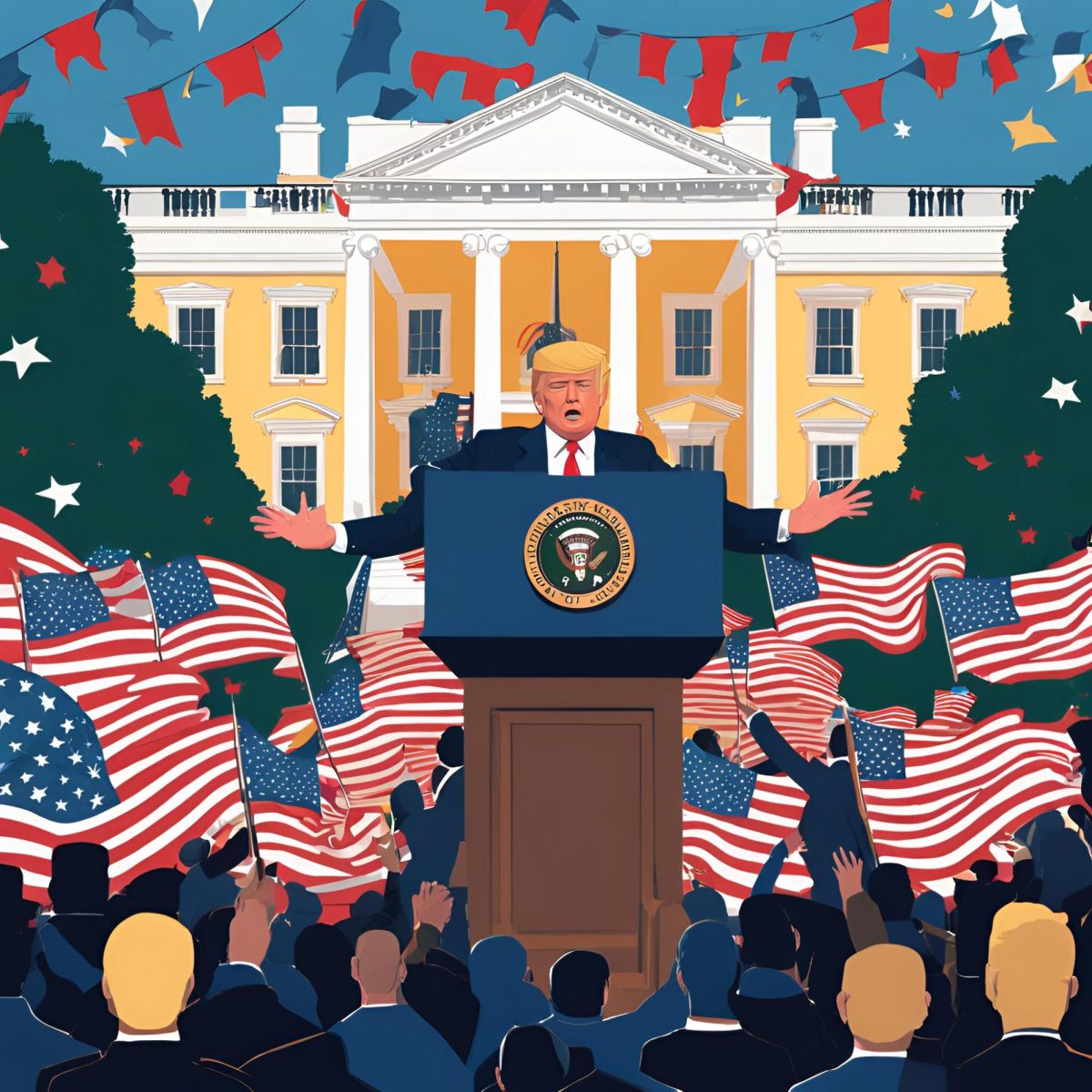The presidential pardon was meant to correct injustices and show mercy, but in the last five years, it’s increasingly been used in ways that raise serious questions about fairness. What should be a tool for justice is becoming a way to protect the powerful.
President Joe Biden’s recent decision to pardon his son, Hunter Biden, has caused an uproar. Hunter has faced legal trouble, including tax violations and foreign business dealings. Many can not look past the favoritism of this pardon. “This could mark the beginning of a troubling new culture in which political favor becomes a guarantee of immunity,” said senior Nikhil Namshamgari.
The decision has only deepened the growing concern about fairness in the system. When the powerful protect their own, it sends a message that accountability is for the average person, not for the elite. “It’s frustrating to see the legal system bend for those who already have so much privilege,” expressed junior Asmita Bag, president of the Model United Nations club.
Meanwhile, president-elect Donald Trump faces several legal challenges from interfering in the election to the handling of classified documents. He used pardons in his first term to shield allies like Michael Flynn and Steve Bannon, and many fear he will do it again.“Impeachment should be a reminder that no one, not even the president, is above the law,” shared Bag.
The misuse of pardons is not only an issue of politics but strikes at the very core of equal justice. When pardons are used to shield friends, family and allies, the idea that justice is blind begins to crumble. If presidents can avoid accountability, this same message is sent to the average American.
Former President Gerald Ford’s pardon of Richard Nixon in 1974 illustrates the significance. While Ford framed his choice as a way to heal the wound of Watergate, many saw it as protection for a powerful figure from the consequences of serious wrongdoing. It highlighted just how easily the powerful can evade accountability.
Now, reforms are needed to restore confidence in the pardon power. Proposals that would restrict pardons to relatives or political allies, or would impose more transparency in the process, would be a good start. But real change will need to cross party lines, which has been hard to achieve in today’s political climate.
The potential for pardons to do good still exists, but if this trend continues, it risks becoming a tool for privilege rather than justice. Without action, public faith in the legal system will only continue to erode. It’s time to make sure this power is used for justice, not privilege.









